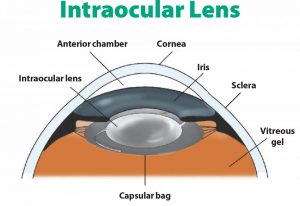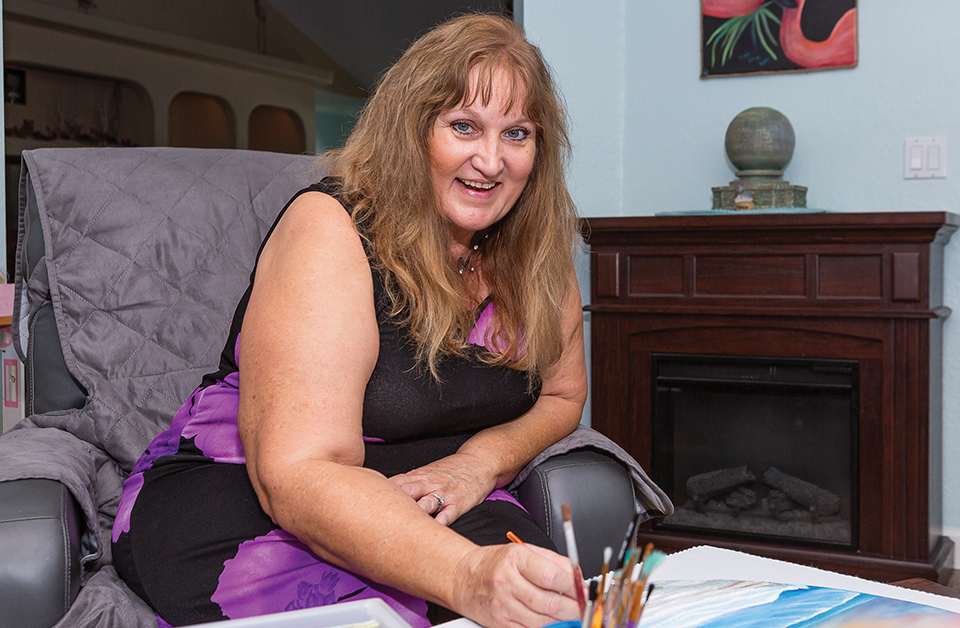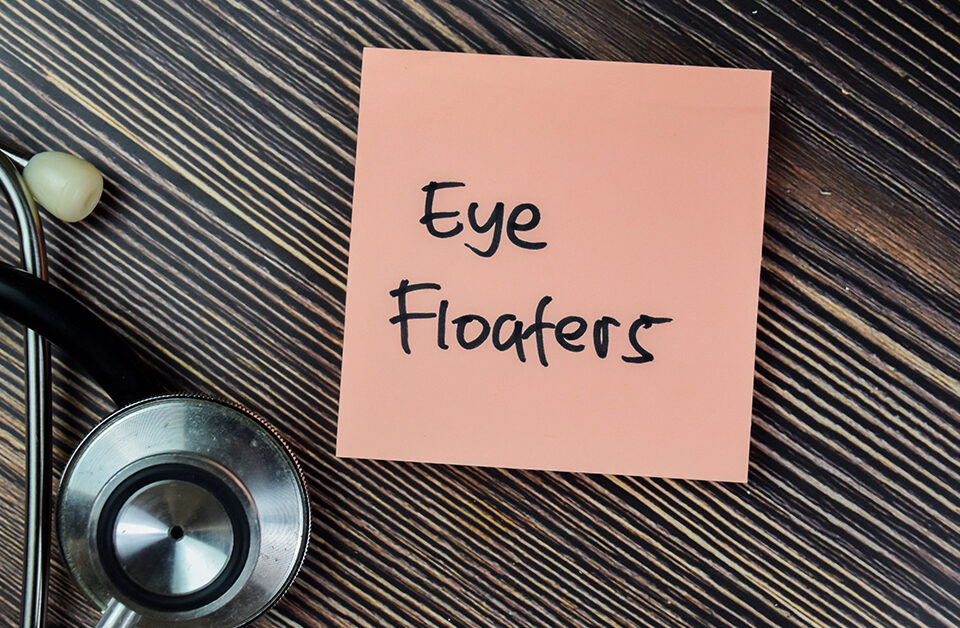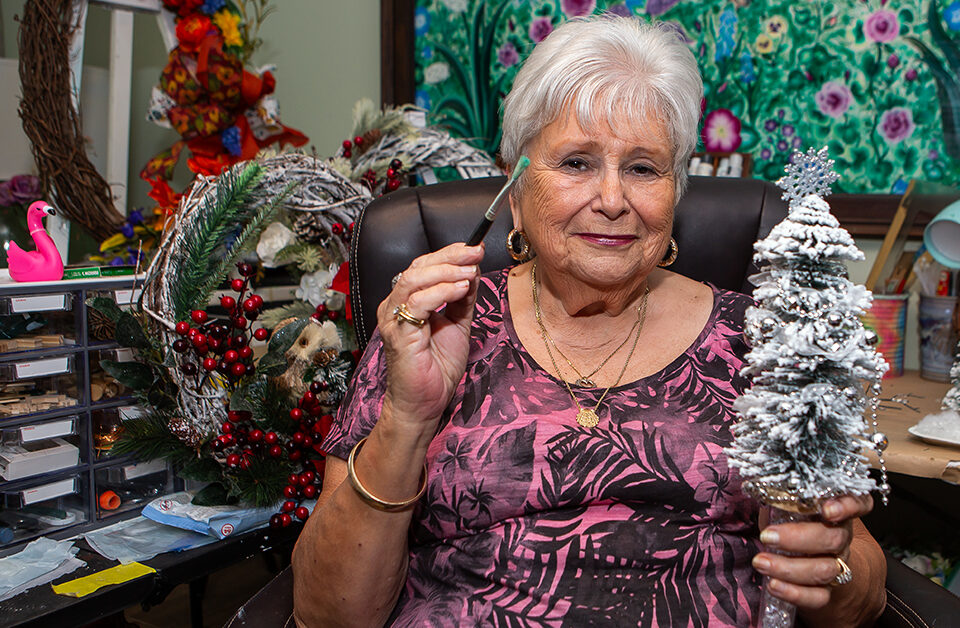Before retiring in 2007, Linda Jones spent the bulk of her 34-year career as an administrative assistant at Colorado State University in her hometown of Fort Collins.
She started at age 20 in CSU’s admissions and records department.
“I later transferred to the College of Agricultural Sciences,” recounts Linda, now 69. “I also worked in student media, where I assisted students and the student government.”
While Linda appreciated all her positions at CSU, she especially enjoyed her final assignment: administrative assistant to a distinguished university professor in the Department of Microbiology, Immunology & Pathology.
“The professor was from Ireland and did research on leprosy (Hansen’s disease),” Linda reveals. “He was in an elite group. There weren’t many distinguished university professors at CSU. I really liked working with him. It was interesting. I learned a lot.”
Linda started learning about Florida after her daughter moved to the Sunshine State in 2004. She came to love Florida so much that she and her husband made a permanent move to Edgewater in 2015 so they could live closer to their daughter.
Then last fall, an issue with Linda’s vision abruptly interrupted her family fun.
“I was sitting on the couch one day, and the vision in my right eye suddenly became very blurry,” Linda recounts. “I also began to experience double vision and was getting headaches. My eye didn’t hurt, but I knew there was something seriously wrong with it.”
Linda visited her eye doctor and learned her sudden problem was related to surgery she had years earlier to remove cataracts.
Cataracts are a clouding of the lens. They are a common ailment typically related to aging, but as it was with Linda, factors such as diabetes, sun exposure, smoking or family history can cause the condition to develop at a younger age.

The only treatment is surgery in which the cataract is removed and replaced with a synthetic intraocular lens implant that corrects the vision.
Linda’s eye doctor discovered the intraocular lens in her right eye had slipped out of place. To correct the problem, the eye doctor referred Linda to Florida Retina Institute, where she met with Jaya B. Kumar, MD, FASRS.
Pars Plana Vitrectomy
“Cataract surgery is the most common procedure performed in the world. It’s generally a successful procedure with a very low risk for complications, especially with the newer surgical instruments and techniques,” Dr. Kumar maintains. “However, patients can still experience dislocated intraocular lenses that require repair.
“Ms. Jones presented with a new onset of painless vision loss in her right eye. She noted that everything was blurry in that eye and she could not see well. When I performed her eye exam, I confirmed that her intraocular lens was not in the correct position. It had dislocated posteriorly, meaning it fell into the back part of her eye.
“The last time I went to Florida Retina Institute, my vision was close to 20/20 in both eyes.” – Linda
“There were no other complications in her eye. Her cataract surgery was uncomplicated and performed more than 30 years ago. In the interim, she experienced no trauma to the eye. Most likely, there was an abnormality in the ligaments or fibers that hold the lens capsule in place that had weakened them over time.”
If the intraocular lens simply shifts slightly one way or the other, ophthalmologists generally take a “watch and wait” approach, Dr. Kumar explains. However, if the dislocated lens causes visual problems or starts to damage the eye, surgery is recommended. After evaluating Linda’s situation, Dr. Kumar determined that Linda required surgery.
“There are two surgical techniques that can be used. One is to reposition the lens that’s currently in the eye. The other is to exchange the lens with a new one,” Dr. Kumar explains. “Several types of lenses are available. One is an anterior chamber lens that is placed over the surface of the iris, which is the colored part of the eye.
“Another is a scleral-fixated lens, which is affixed to the sclera, which is the white part of the eye. The surgeon takes many factors into account to determine lens choice. Some of these include the patient’s age, history of any corneal abnormalities, history of glaucoma and any prior eye surgeries.
“The surgery was absolutely successful. I’m 100 percent satisfied with my treatment at Florida Retina Institute.” – Linda
“In Ms. Jones case, I performed a pars plana vitrectomy, which involves removing all the vitreous gel in the back of the eye. I then removed the dislocated lens and exchanged it with a scleral-fixated lens.”
Dislocated intraocular lenses are rare but can occur in healthy eyes, even years after routine cataract surgery, Dr. Kumar observes.
“With precise management, most patients with this condition can have an excellent visual outcome,” the doctor emphasizes. “Ms. Jones, for example, has done remarkably well. She had the surgery in January, and at six months after surgery she had 20/20 vision in her right eye.”
“100 Percent Satisfied”
Linda confirms the retina specialist’s assessment of her current eyesight.
“Overall, my vision is really good,” Linda enthuses. “The last time I went to Florida Retina Institute, my vision was close to 20/20 in both eyes. And I don’t have double vision anymore. Dr. Kumar fixed that.
“My right eye is still a little blurry because my cornea is still healing.
Dr. Kumar prescribed eyedrops that help with that. Still, I’m doing so well that I don’t have to go back to see Dr. Kumar until the end of the year. The surgery was absolutely successful.”
Linda adds that she is “100 percent satisfied” with her treatment at Florida Retina Institute.
“Dr. Kumar is an absolutely amazing doctor,” she raves. “She’s very knowledgeable and personable. She takes time to explain things, and she’s very detail oriented. I’m very thankful that I got to go to her. She’s heaven-sent.
“The staff is really good, too, very friendly, and they treat me very well. I highly recommend them.”










